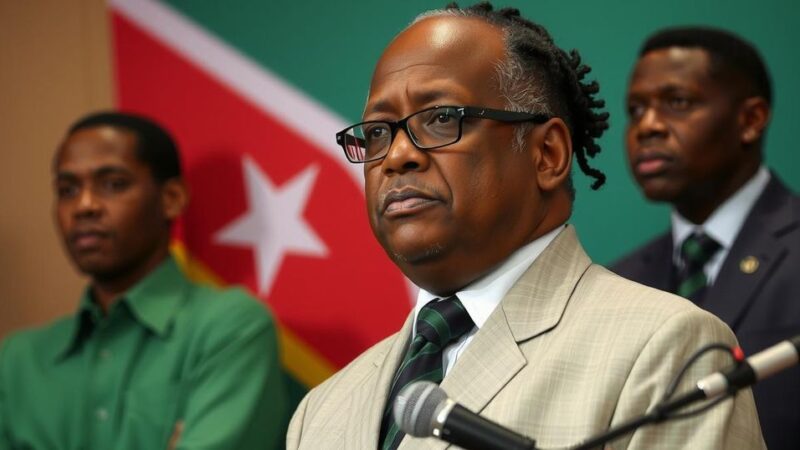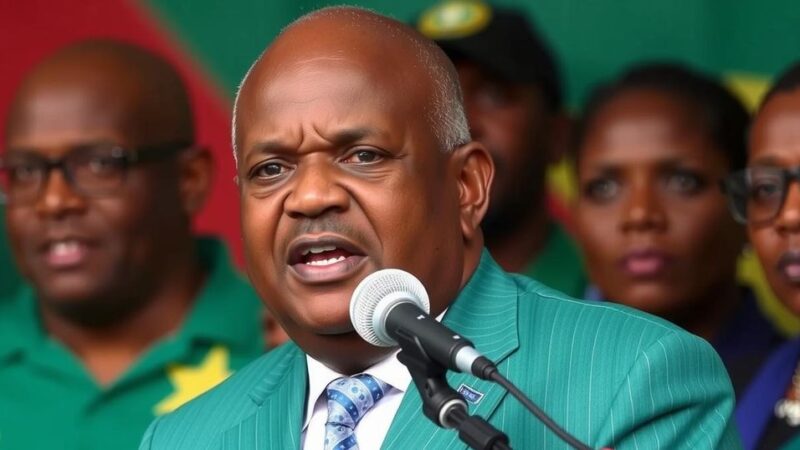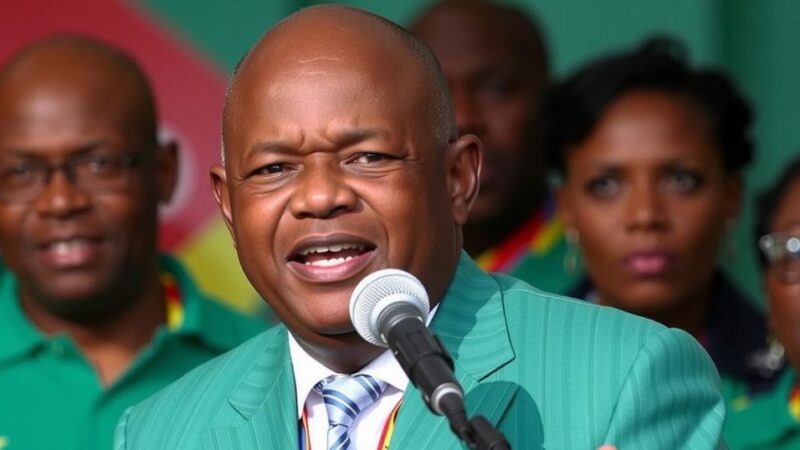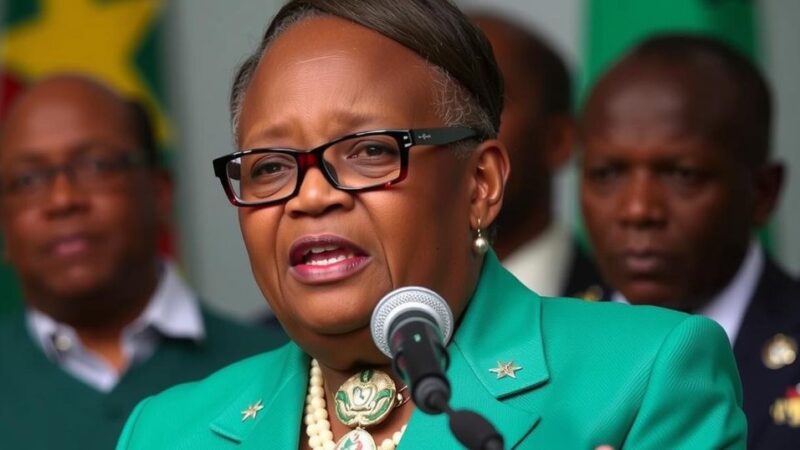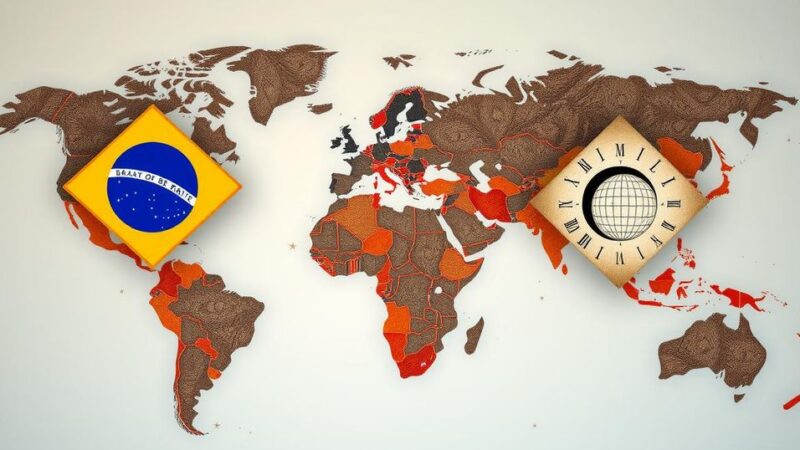Independent election experts have legitimized the opposition’s tally sheets as evidence of President Nicolás Maduro’s alleged defeat in the recent Venezuelan elections. The ruling party’s quick declaration of victory is contested due to the absence of detailed voting results.
An independent panel of electoral experts, including representatives from the U.S.-based Carter Center, has validated the vote tally sheets presented by the opposition in Venezuela, asserting these documents substantiate claims of President Nicolás Maduro’s electoral defeat. During a meeting with the Organization of American States (OAS), the experts emphasized that the electronic voting system utilized in the presidential elections was functional and that all involved parties were aware of the actual electoral outcomes. The controversy arose from the elections held on July 28, where authorities aligned with Maduro proclaimed his victory shortly after the polls closed. However, they did not disclose detailed results broken down by voting machine, citing a supposed hacking incident that compromised their website. In contrast, the opposition managed to acquire and publish tally sheets from over 80% of the voting machines, countering the official results and prompting state authorities to accuse them of falsifying records. Jennie Lincoln, who led the Carter Center’s mission to observe the Venezuelan elections, stated that the electronic system provides a verified paper trail. This documentation, collected by numerous poll watchers from both the ruling party and the opposition, serves as credible evidence for the reported outcomes. Although Lincoln refrained from officially declaring opposition candidate Edmundo González as the election winner, she noted the responsibility for such proclamations lies solely with electoral authorities. Recent reports indicated that the Carter Center received the aforementioned tally sheets through international mail. The organization has yet to disclose the sender of these documents. The OAS and several regional governments have called upon Venezuelan electoral authorities to release comprehensive voting data in light of ongoing disputes regarding the election. This meeting was convened following requests from countries including Argentina, Costa Rica, and Peru, highlighting the international concern surrounding the electoral integrity in Venezuela.
The recent presidential election in Venezuela, wherein Nicolás Maduro’s administration declared him the winner, has been met with skepticism and controversy. Observers from two independent bodies were invited to monitor the electoral process, raising questions about the validity of the results announced by the government. Central to the dispute are the tally sheets, or actas, which are essential documentation in Venezuela’s electoral system. The mechanism used in the voting process, which includes electronic machines that generate printouts, has the potential to provide a reliable and verifiable account of the voting outcomes. However, the ruling party’s reluctance to substantiate their claims by publishing detailed results has further fueled the discontent among opposition members and the international community alike.
In summary, the validation of the opposition’s vote tally sheets by independent election experts underscores the contentious nature of the Venezuelan presidential election results. While the ruling party claims victory without substantial evidence, the opposition’s documentation and international inquiries challenge the legitimacy of the declared outcomes. The situation remains dynamic, with significant implications for Venezuela’s political landscape as calls for transparency and accountability intensify.
Original Source: apnews.com


